Introduction by Charlotte Wood
An elegant hardback edition of the novel that launched Helen Garner’s career.
Helen Garner’s gritty, lyrical first novel divided the critics on its publication in 1977. Today, Monkey Grip is regarded as a masterpiece—the novel that shines a light on a time and a place and a way of living never before presented in Australian literature: communal households, music, friendships, children, love, drugs, and sex.
When Nora falls in love with Javo, she is caught in the web of his addiction; and as he moves between loving her and leaving, between his need for her and promises broken, Nora’s life becomes an intense dance of loving and trying to let go.
REVIEWS and INTERVIEWS
BBC.com: ‘The 100 stories that shaped the world’
Conversation
Guardian: Charlotte Wood on Monkey Grip
Guardian: Rachel Cooke interviews Helen Garner
London Review of Books
Overland
Overland
Readings: Melbourne in Fiction
andMonkey Grip
‘Garner is a natural storyteller.’
‘Her use of language is sublime.’
‘This is the power of Garner’s writing. She drills into experience and comes up with such clean, precise distillations of life, once you read them they enter into you. Successive generations of writers have felt the keen influence of her work and for this reason Garner has become part of us all.’
‘What Garner offers in these novels is an alternative to the cloying metafiction of the late 20th century and the washed-out realism of the 21st. They are undeniably of their time – the 1970s commitment to the liberating possibilities of sex, drugs and communal living in Monkey Grip, the hangover nursed in the 1980s in The Children’s Bach – but they also belong to a literary epoch we think of as long gone, as they earnestly strive to resurrect a modernist art of estrangement.’
‘Its embattled characters are so real that by the last page you feel not just that you have read a magnificent novel but that you have experienced life itself.’
‘Acclaimed Australian writer Garner’s achingly poignant portrait of a young woman and the drug addict she loves rings with an authenticity that is, by turns, frustrating and sweet…In buoyant and vivid prose, Garner evokes the lies, deceptions, delusions, and hope that come with a life always lived on the edge of despair or delight.’
‘Monkey Grip is beautifully under-plotted and immersive; marked by tonal variation and structural ease, the finished shape of the book affords the pleasure of musical completion. … one of those books so authentically of its time and place that, once read, it is hard to think of Melbourne without it.’
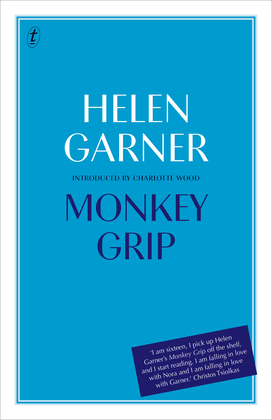
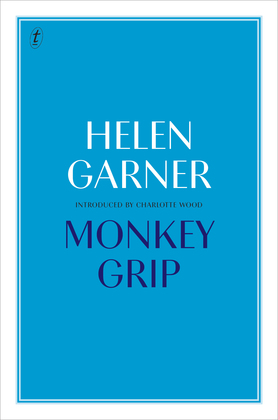 HardbackISBN: 978192577315629 October 2018
HardbackISBN: 978192577315629 October 2018
 The Mushroom Tapes$36.99
The Mushroom Tapes$36.99 How to End a Story$59.99
How to End a Story$59.99 The Season$34.99
The Season$34.99 One Day I’ll Remember This$24.99
One Day I’ll Remember This$24.99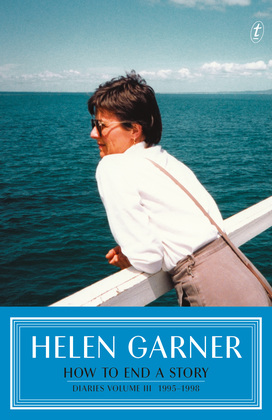 How to End a Story$24.99
How to End a Story$24.99 Yellow Notebook$24.99
Yellow Notebook$24.99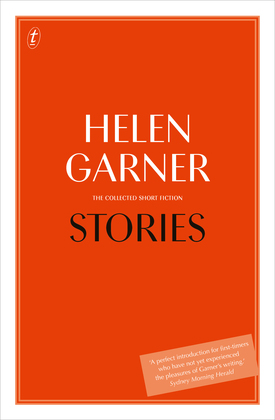 Stories$19.99
Stories$19.99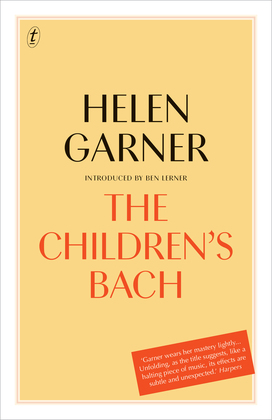 The Children’s Bach$19.99
The Children’s Bach$19.99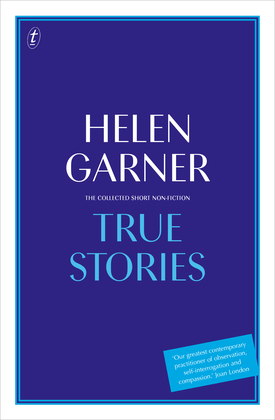 True Stories$29.99
True Stories$29.99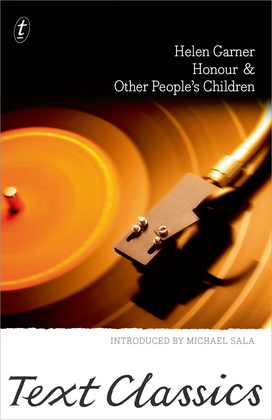 Honour & Other People’s Children$14.95
Honour & Other People’s Children$14.95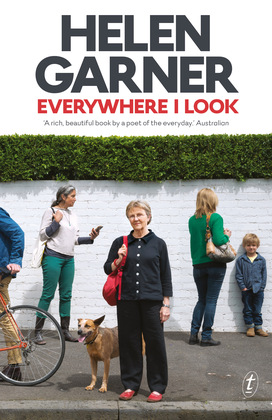 Everywhere I Look$23.99
Everywhere I Look$23.99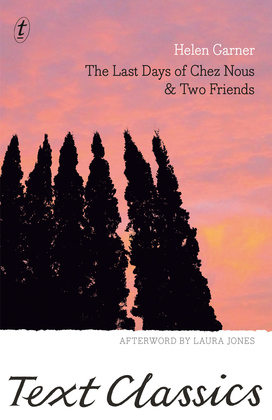 The Last Days of Chez Nous & Two Friends$14.95
The Last Days of Chez Nous & Two Friends$14.95 This House of Grief$23.99
This House of Grief$23.99 Cosmo Cosmolino$14.95
Cosmo Cosmolino$14.95 The Spare Room$23.95
The Spare Room$23.95




